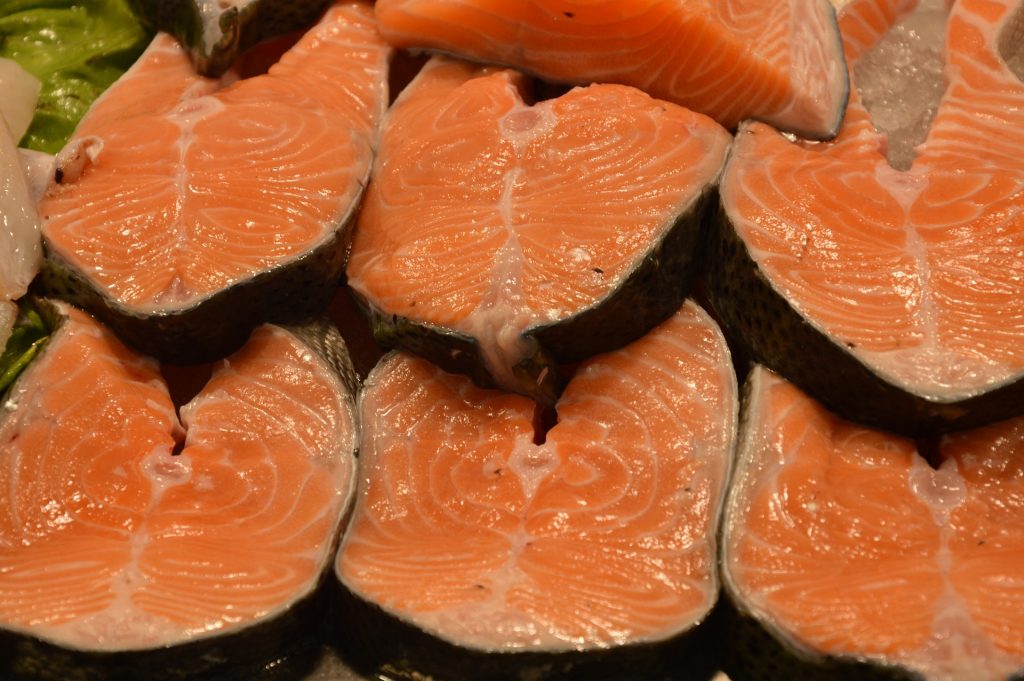Omega-3 Fatty Acid

Omega-3 Fatty Acid
The 3 Most Important Types of Omega-3 Fatty Acids is alpha-linolenic acid (ALA), eicosapentaenoic acid (EPA), and docosahexaenoic acid (DHA). It can reduce the triglyceride, and has a therapeutic effect on various diseases.
Benefit

Omega-3 Fatty Acid
- Lowering blood pressure and cholesterol:
Omega-3 fatty acids from fish oil can lower blood pressure. At the same time, fish oil can reduce triglycerides by 20%-50%. - Cardiovascular Health:
Omega-3 fatty acids can reduce the risk of dying from cardiovascular disease. Fish oil can reduce arrhythmia. Besides, it can reduce the risk of recurrence of heart disease. Moreover, eating fish once or twice a week can significantly reduce the risk of stroke. - Rheumatoid arthritis:
A large number of studies have found that omega-3 fatty acids can reduce joint stiffness and joint pain. Furthermore, it also boost the efficacy of anti-inflammatory drugs. - Depression:
Researchers have found that the depression is relatively low for those with diets of higher levels of omega-3 fatty acids. Besides, fish oil can enhance the efficacy of antidepressants. At the same time, fish oil can help reduce the symptoms of depression. - Prenatal health:
Studies have shown that during pregnancy, the intake of eicosapentaenoic acid (EPA) and docosahexaenoic acid (DHA) is good for the health of the pregnant woman. Besides, it helps the development of the fetus. DHA is crucial for vision and neurodevelopment in infants and young children. - Osteoporosis:
Studies suggest that food or supplements with omega-3 fatty acids can increase bone density. - Anticancer effects:
Studies have shown that EPA and DHA can increase effectiveness of radiation therapy towards tumors. Furthermore, it can reduce damage of mucosal and epithelial which is caused by radiotherapy. Besides, it can also reduce tumor angiogenesis, reduce inflammation, and avoid tumor metastasis.
Food Sources
- Fish:

Salmon
Fish that containing DHA and EPA include: anchovies, squid, sardines , squid, lake trout and tuna. The wild fish are more abundant of omega-3 fatty acids compare to cultured fish. As a result, many experts recommend that we should eat the mentioned fish at least once or twice a week.
- Vegetable oil:

Olive Oil
Vegetable oil is a good food source for ALA. It can be converted to omega-3 fatty acids in the body. The example food including walnut, flax and linseed oil, rapeseed oil, camellia oil, olive oil and soybean oil. Although omega-3 fatty acids like vegetable oils and nuts are good for health, but they also contain of high calories. As a result, we should eat them in moderation.
